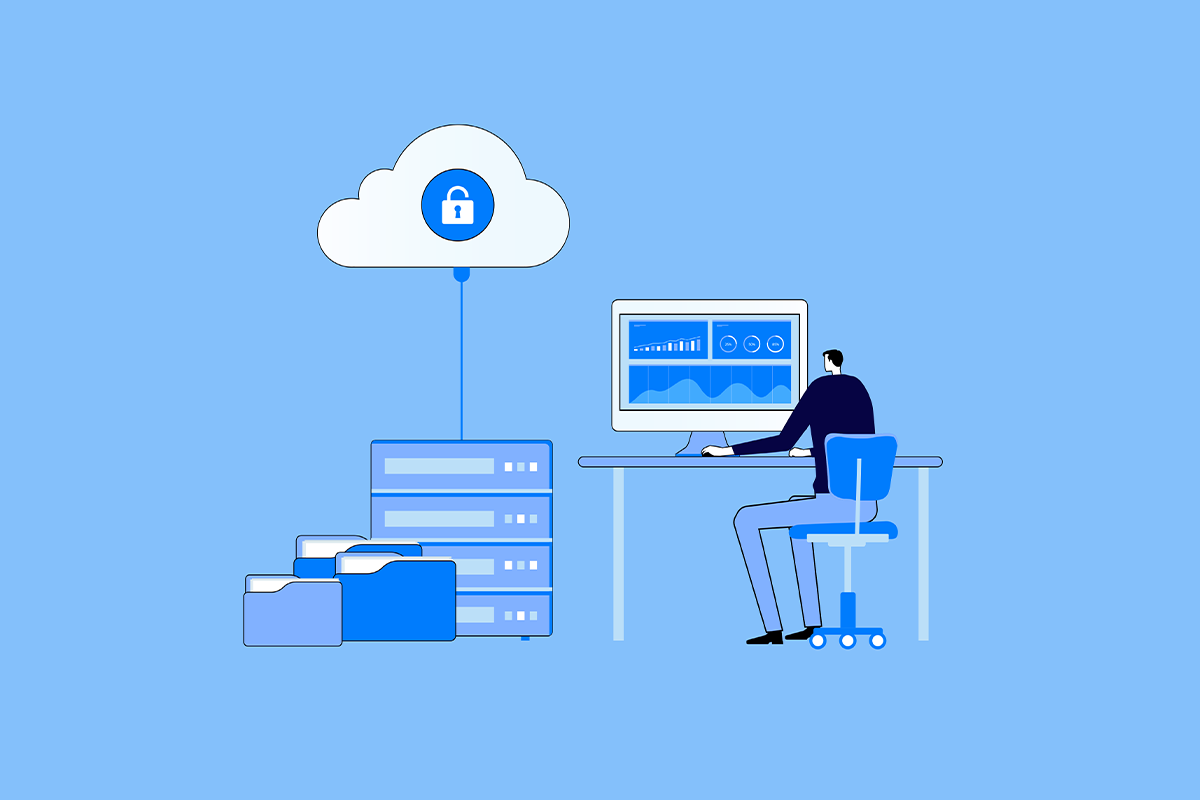What is a Hybrid Server?
In the ever-evolving landscape of web hosting, businesses and developers constantly seek solutions that balance performance, flexibility, and cost-efficiency. Enter the hybrid server—a hosting option that combines the best features of dedicated and cloud servers. But what exactly is a hybrid server, and how can it benefit your business? This guide will explore its advantages, use cases, and why it might be the perfect solution for your hosting needs.
What is a Hybrid Server?
A hybrid server is a hosting solution that merges the physical resources of a dedicated server with the scalability and flexibility of a cloud environment. Essentially, it provides the raw power and reliability of a dedicated server while offering the elasticity and redundancy typically associated with cloud hosting. This hybrid approach is particularly appealing to businesses that require robust performance without sacrificing the adaptability to handle fluctuating workloads.

Key Features of Hybrid Servers
- Scalability – It allows you to scale resources up or down based on demand, ensuring optimal performance during traffic spikes without overpaying during quieter periods.
- Customization – With access to dedicated hardware, users can customize their server configurations to suit specific needs, such as storage type, CPU, and RAM allocation.
- Cost-Effectiveness – By combining elements of cloud and dedicated hosting, hybrid servers provide a more affordable solution compared to full-fledged dedicated servers for businesses needing periodic scalability.
- Enhanced Security – Hosting critical applications on dedicated hardware within a hybrid setup ensures greater control and security while leveraging cloud resources for less sensitive tasks.
- Reliability – Hybrid servers often include cloud-based failover mechanisms, reducing downtime risks and ensuring consistent service availability.
Benefits of Hybrid Servers
- Performance Optimization: Dedicated hardware ensures high-speed data processing, while cloud capabilities offer on-demand resource allocation.
- Business Continuity: Built-in redundancy and disaster recovery options in hybrid setups enhance business resilience.
- Flexibility for Growth: As your business grows, hybrid servers can seamlessly adapt to increasing demands without requiring a complete infrastructure overhaul.
- Budget-Friendly: It strikes a balance between cost and capability, making them ideal for businesses with variable workloads.
Ideal Use Cases
- E-Commerce Platforms: Handle seasonal traffic surges without compromising on website performance or security.
- Web Applications: Run resource-intensive applications with reliable backend processing and scalable front-end operations.
- Data Analytics: Process large datasets efficiently by leveraging the power of dedicated servers alongside cloud scalability.
- Gaming Servers: Provide high-performance environments with minimal latency for multiplayer gaming platforms.

Choosing the Right Hybrid Server Provider
When selecting a hybrid server provider, consider factors such as:
- Uptime Guarantee: Look for providers with a proven track record of high availability.
- Customization Options: Ensure the provider offers the ability to tailor hardware and software configurations.
- Support Services: 24/7 technical support is crucial for addressing issues promptly.
- Scalability: Verify that the provider can handle your future growth needs without disruptions.
Conclusion
Hybrid servers are revolutionizing the hosting industry by offering a powerful blend of dedicated and cloud server features. Whether you run a dynamic e-commerce site, develop cutting-edge applications, or manage data-intensive workloads, a hybrid server can provide the performance, flexibility, and cost-efficiency you need to thrive in today’s digital landscape.
Ready to take the next step? Explore hybrid server solutions today and discover how they can empower your business to scale new heights.